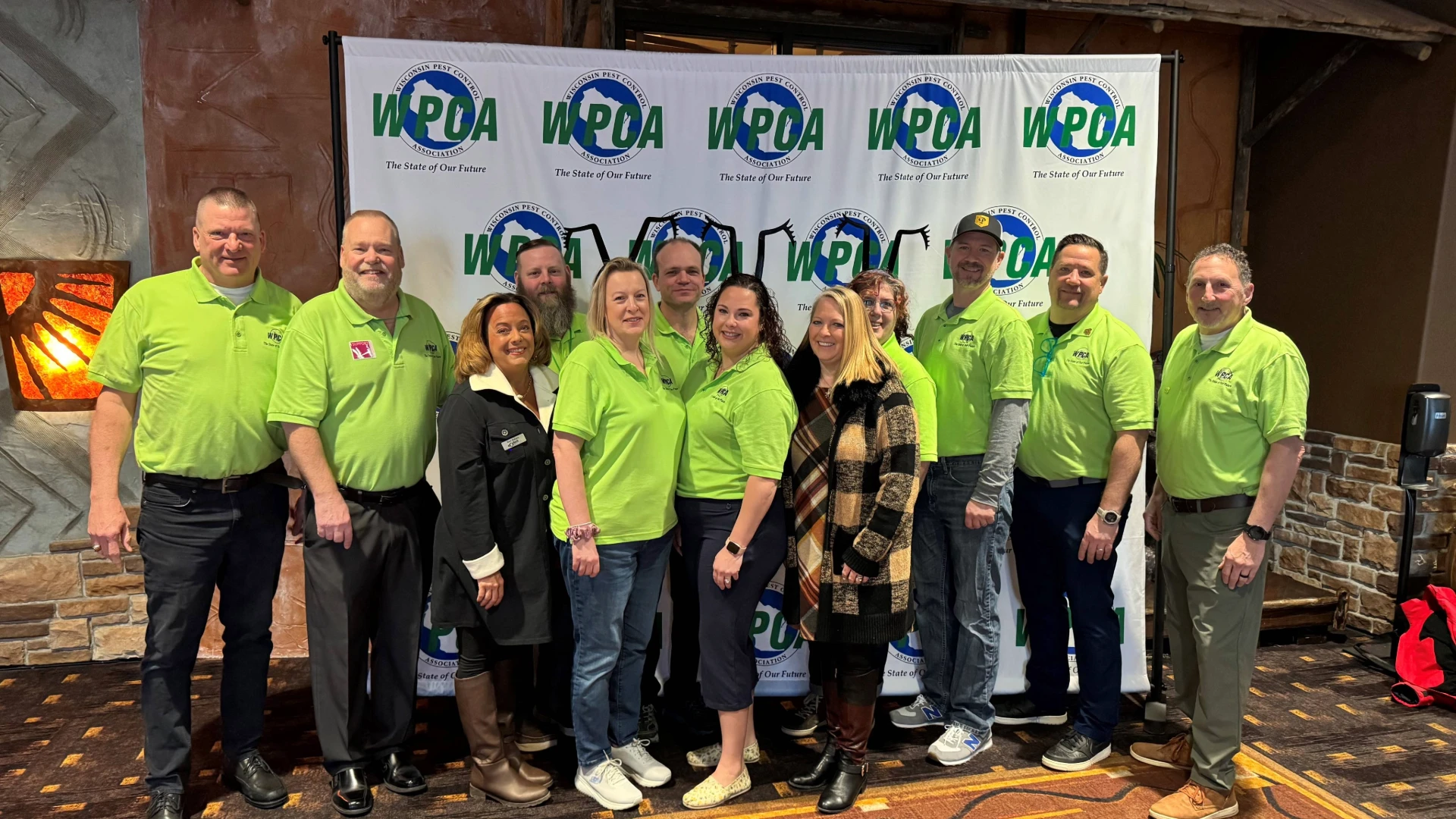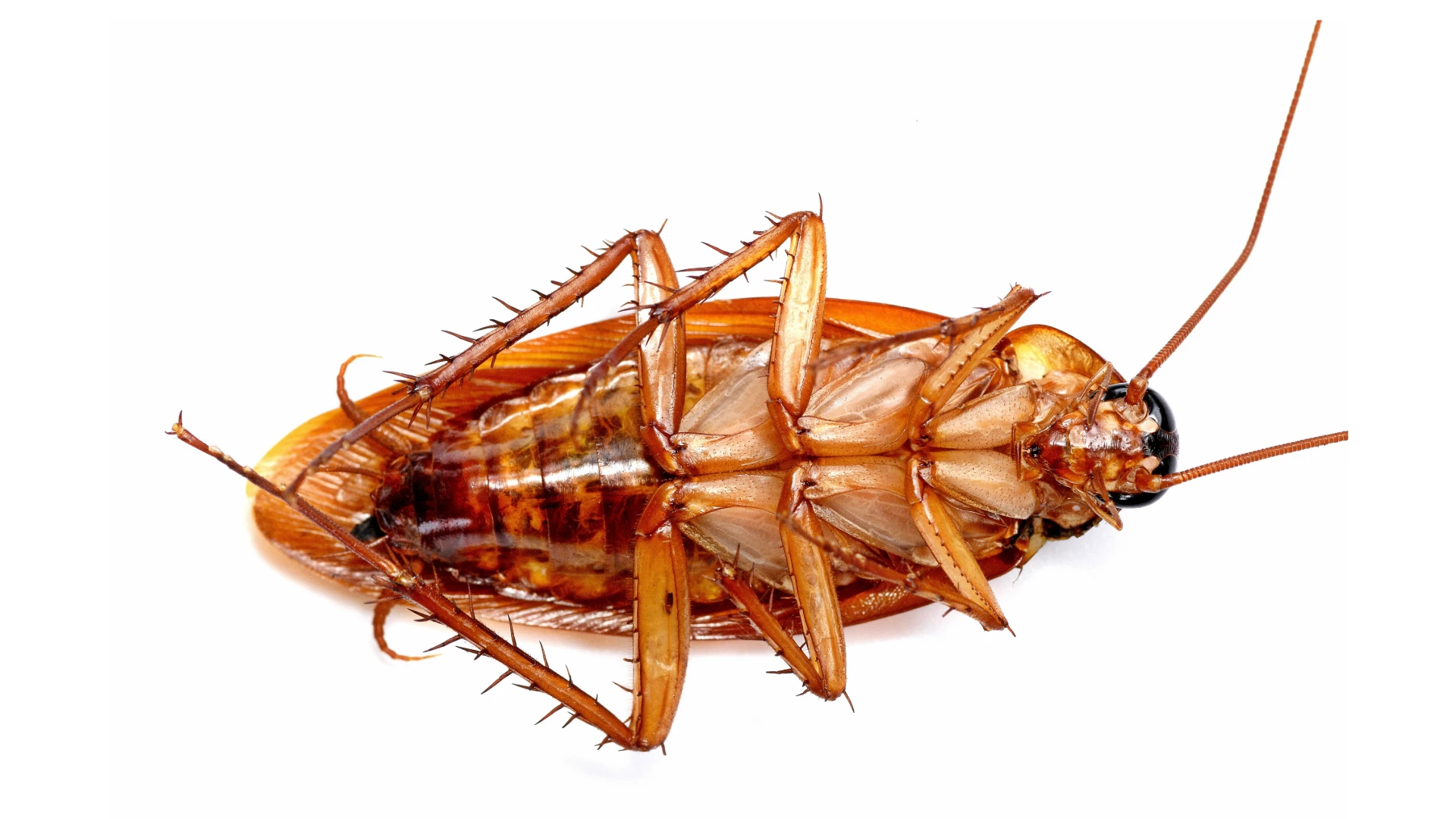Though I have a great deal of respect for Harry Katz’s knowledge and writings (as a valuable contributing editor to PCT magazine), I have some disagreement with his March Myth Conceptions column about IPM.
Integrated Pest Management is not just an industry “buzzword.” It’s also not a non-toxic or fraudulent “device” designed to serve as an alternative to conventional pest control. I see IPM as a consumer and industry compromise. There is strong public interest in reducing the presence of pesticides in our environment. People are demanding less exposure to all types of toxicants, not just pesticides. Many pests have developed sig-nificant levels of resistance to organo-phosphates and other commonly used pesticides. There have been many lawsuits directly related to pesticide use and misuse. Many pesticide applicators are at best “spray jockeys” with little knowledge of insects, their behavior or biology.
IPM requires more work, training and commitment of the technician. Inspection skills are as important as product knowledge. Communication with the client is imperative. On sensitive accounts, educating the client on sanitation and organizational skills is important. IPM is a prescriptive approach to pest control versus a one size fits all approach. IPM combines quality inspections with appropriate use of baiting, monitoring, focused chemical application (not just broadcast spraying), sanitation and exclusion.
Integrated Pest Management is primarily “low-impact pest management” with permanent or long-term reduction in the target pest population. IPM requires an integration of several approaches to managing pest problems as compared to relying on a pesticide to eliminate the problem. This is not a new concept; Many pest control pro-fessionals have been using this type of management for years. IPM strategies offer many economic opportunities for the professional. Since more time and education is required for sensitive accounts, substantially more money can be charged for this knowledge. In addition, a better relationship can be developed with the client as a result of this higher level of interaction. Exclusion is a valuable and economically important service. It is true that IPM will require more training and education on the part of the technician. However, it will bring more pro-fessionalism to our industry.
Bill Mashek
Northwest Inc. Termite and Pest Control
Santa Rosa, Calif.

Explore the May 1999 Issue
Check out more from this issue and find your next story to read.
Latest from Pest Control Technology
- Lloyd Pest Control Treats 'Kitchen Nightmare' Cockroach Infestation
- Beach Pest Service Opens New Office in Hampstead, N.C.
- NYC PCO Growing Business with Focus on Corporate Clients
- Massey Services Promotes Silver, Crespo to Director Roles
- Recurring Services Model, Wildlife Offerings Lead to Impressive Growth for Tailor Made
- Shelters: Difficult to Manage
- NPMA Announces Recipients of 2025 Impact Awards
- Fleetio Expands Geotab Integration with Shop Network Add-In





